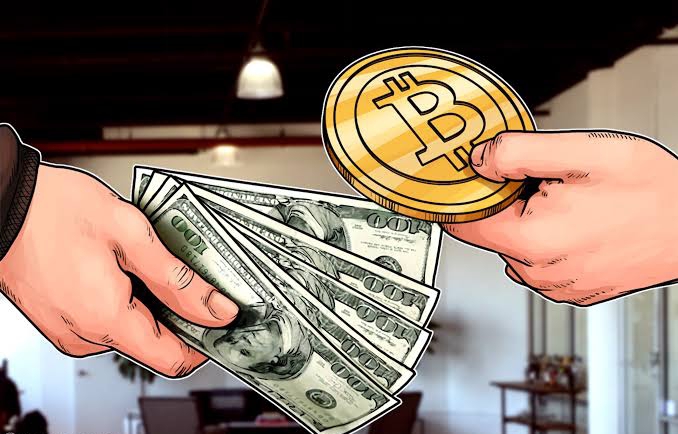Cryptocurrencies (spearheaded by the Bitcoin) was introduced over a decade ago, and has consistently continued to see increased adoption all over the world ever since. Even with this widespread adoption, Bitcoin and other cryptocurrencies continue to see resistances from authorities in some countries around the world: India, China, and most recently, Nigeria.
While cryptocurrency exchanges (platforms that let you buy and sell crypto) are legal in these countries, the authorities there have barred banks and other financial institutions from facilitating transactions involving cryptocurrency. This makes it very difficult for the exchanges to operate, and in-turn, making it almost impossible for individuals to trade crypto.
With regulations like this in place, crypto exchanges are now reconsidering P2P trading. P2P trading was used in the early days of crypto trading, when there weren’t many platforms to buy and sell the digital currency.
What is P2P Cryptocurrency Trading?
The most common method for individual to buy, hold and sell cryptocurrencies is through centralized exchanges like Luno, Binance, and Roqqu. These exchanges sets a price for the purchase of their own stocks of cryptocurrencies and then exchange your fiat money for cryptocurrency.
Peer-to-peer trading (P2P), on the other hand, lets individual traders trade different cryptocurrencies among themselves. For instance, Trader A has 2 Bitcoins to sell, he/she gets matched with Trader B that wants to buy the same amount of bitcoin.
Cryptocurrency exchanges have began adding the P2P trading feature to their platform to let users in countries with restrictions trade cryptocurrency.
Related Article: 10 Things You Should Know About Cryptocurrency Before Diving In
In the case of peer-to-peer cryptocurrency trading, exchanges only act as matchmakers, connecting individuals wanting to buy cryptocurrencies with with other individuals looking to sell.
The sellers control and set their own price and they get to select what types of payments they will accept. This way, buyers get to choose from multiple payment options: PayPal, Bank Transfers, Credit Cards and even cash payment.
To round it up, while some exchanges collect a fee for matching cryptocurrency sellers to buyers, other platforms do this for free. Before choosing an exchange that supports P2P cryptocurrency trading, be sure to check out the attached terms and conditions.
Featured Image: Cointelegraph












